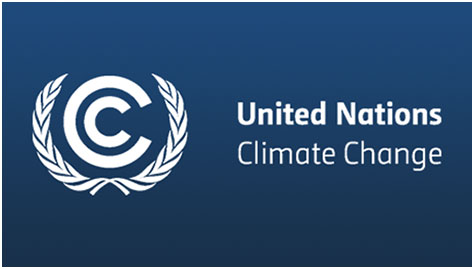As the sixth and final event in the Civil Society – UN Prevention Platform’s 2020 discussion series, QUNO co-hosted a meeting at the end of July, ‘Advancing Prevention in the Era of Climate Change: Leveraging Climate and Conflict Sensitive Approaches.’ The timely and pressing theme of climate security elicited active engagement from the United Nations, civil society, and Member States, including an intervention from QUNO Geneva’s Representative, Lindsey Fielder Cook, on human rights-based approaches to climate security.
Preventing conflict has always been complex; however, the task is becoming exponentially more difficult with challenges posed by climate change: natural disasters, health crises, food insecurity, environmental degradation, and climate migration, among others. The relationship between climate and security goes in both directions; climate changes amplify underlying risk factors for conflict, while insecurity and fragility impede a society’s capacity to prevent, adapt to, and mitigate climate shocks. For instance, increased desertification has reduced arable land in the Sahel, further compounding existing drivers of tension and conflict between farmers and herders. Simultaneously, armed conflict has left many parts of this region with weak governance systems which have limited capacities to resolve land and water tensions. Climate security concerns, however, vary tremendously globally, requiring stronger and more comprehensive analytical tools to understand them.
During the conversation, participants discussed the importance of understanding the gendered impacts of conflict and climate. Additionally, the discussion raised the unique capacities of women and of young people as leaders in driving prevention and climate action. Colleagues called for improved contextual data analysis to inform climate sensitive programming, target root causes of conflict, and address national and local priorities and grievances. Participants agreed that, in order to amplify the impact of prevention, it was important to identify the synergies between local prevention capacities and international, regional, and national infrastructures for peace.
QUNO looks forward to releasing the outcomes report from this 2020 discussion series. Learn more about the other discussions in this series below.
Taking Stock of Prevention: Progress Achieved and Lessons Learned
Dialogue and Mutual Understanding: the Role of Young People in Preventing Conflict
Transformative Gender Approaches to Conflict Prevention During COVID-19
Strengthening Prevention Tools: Inclusive Approaches to Supporting Mediation







